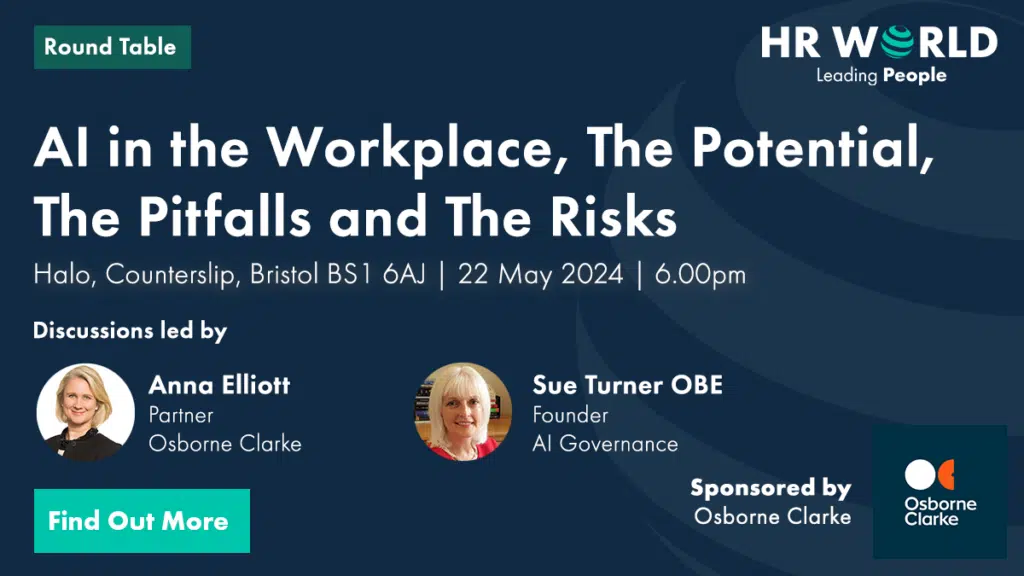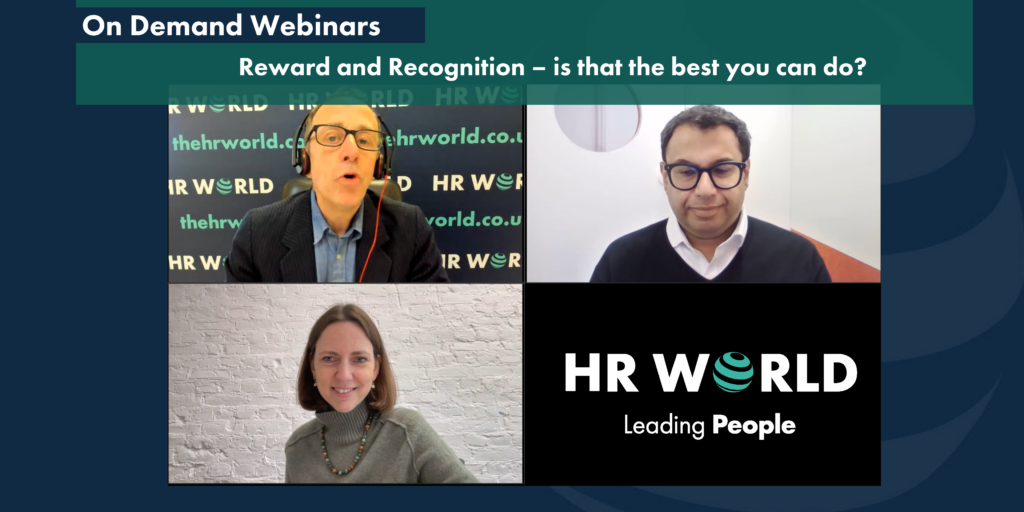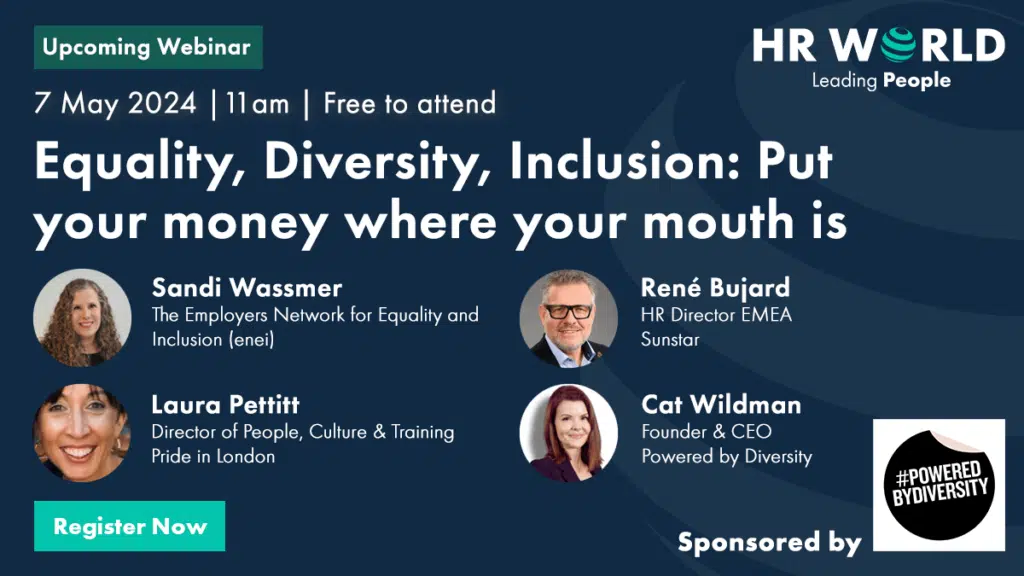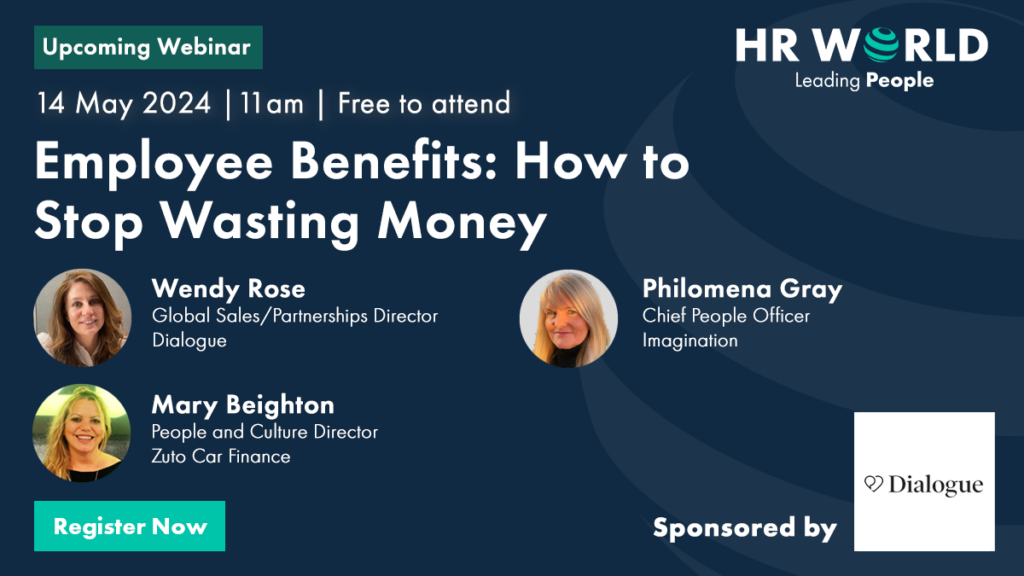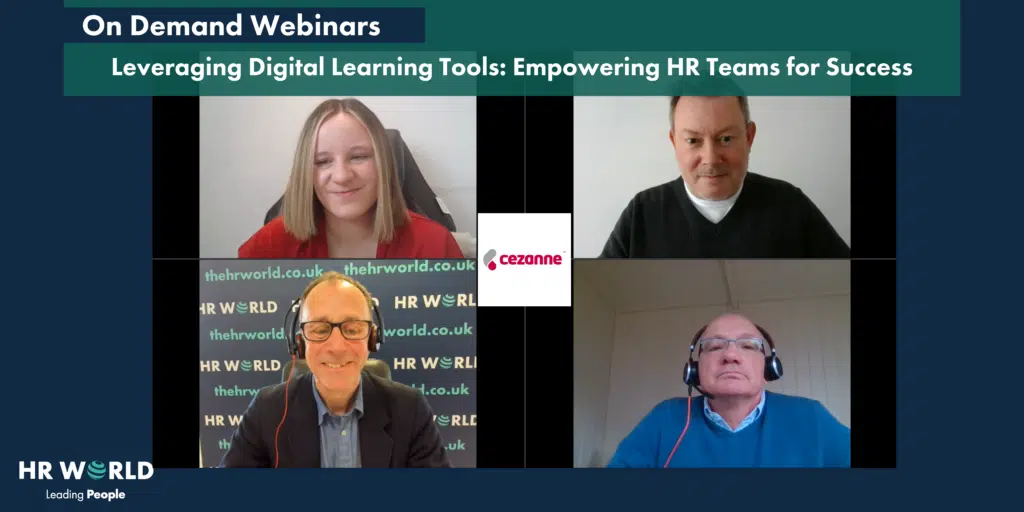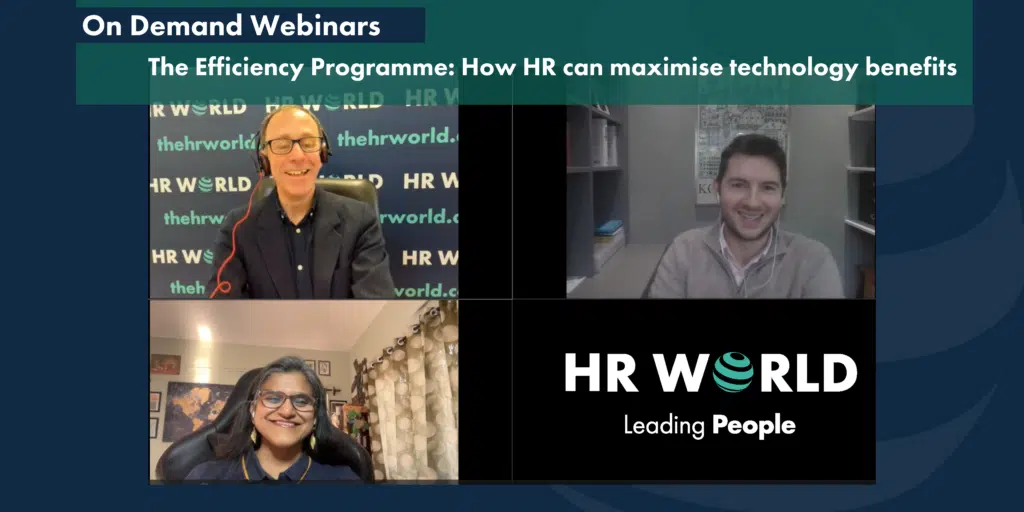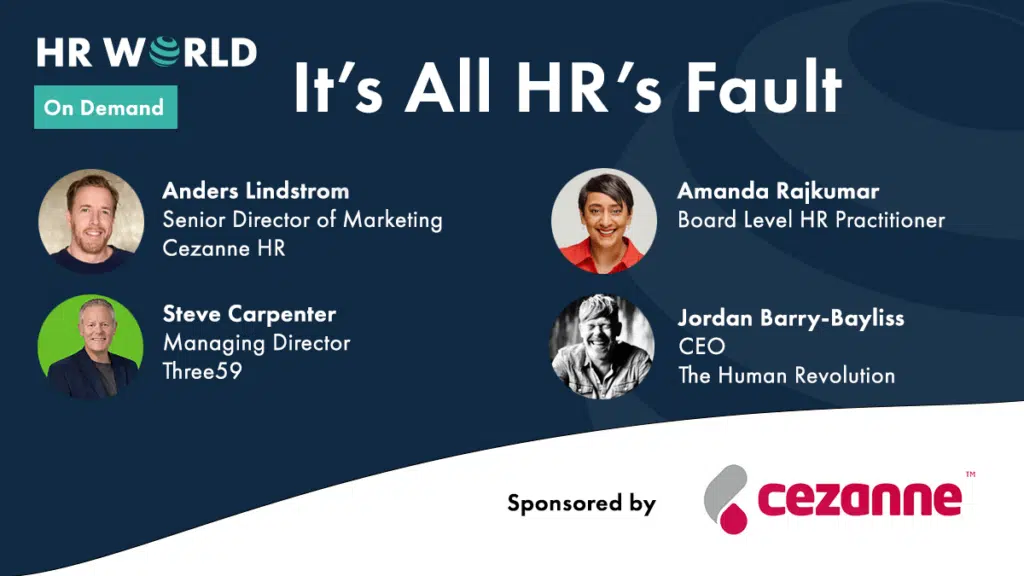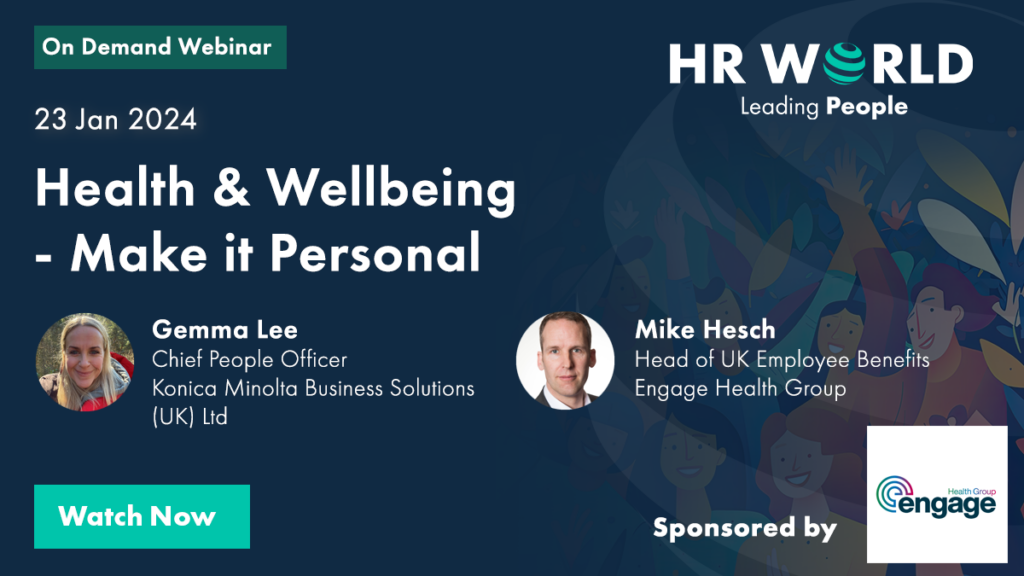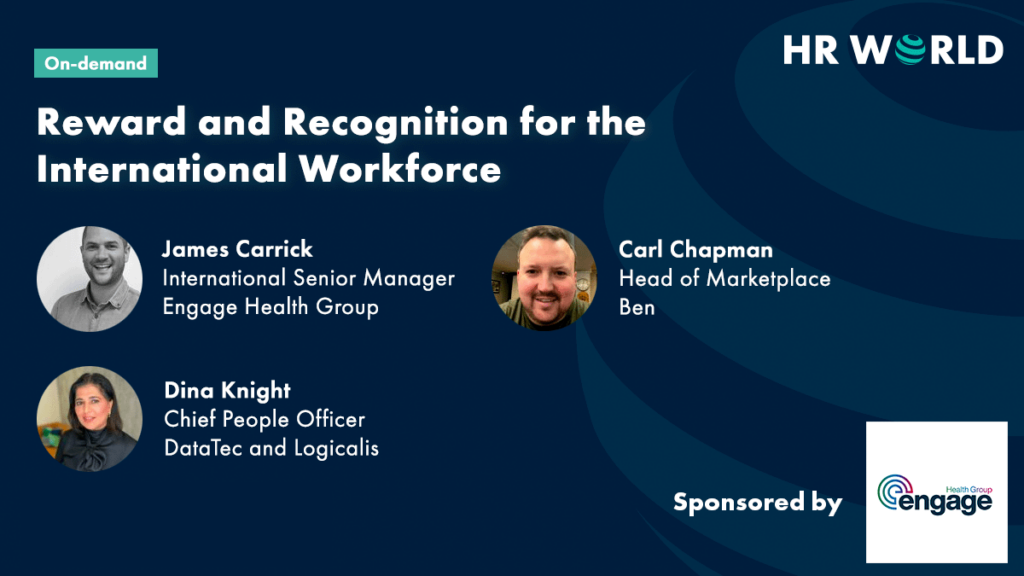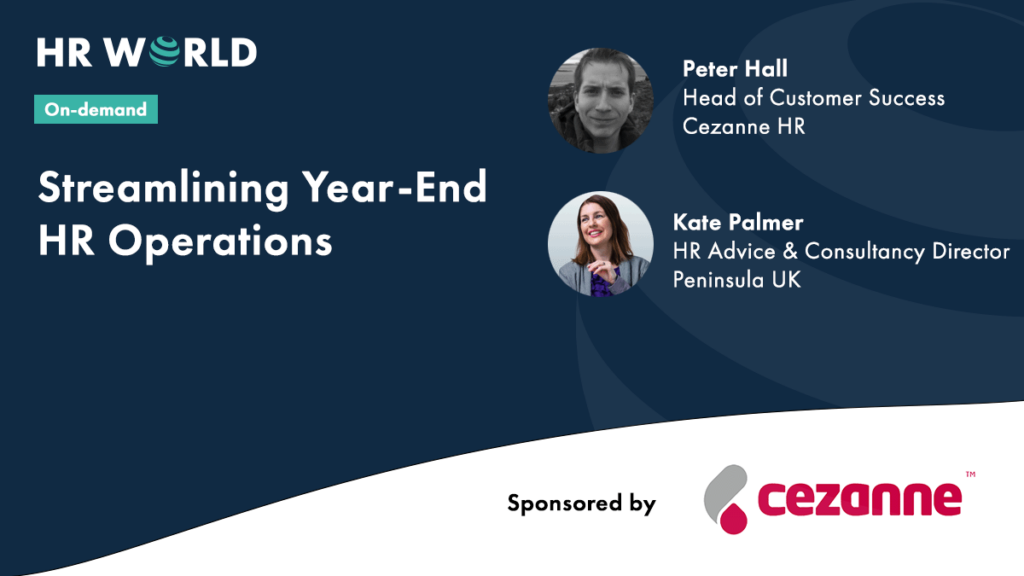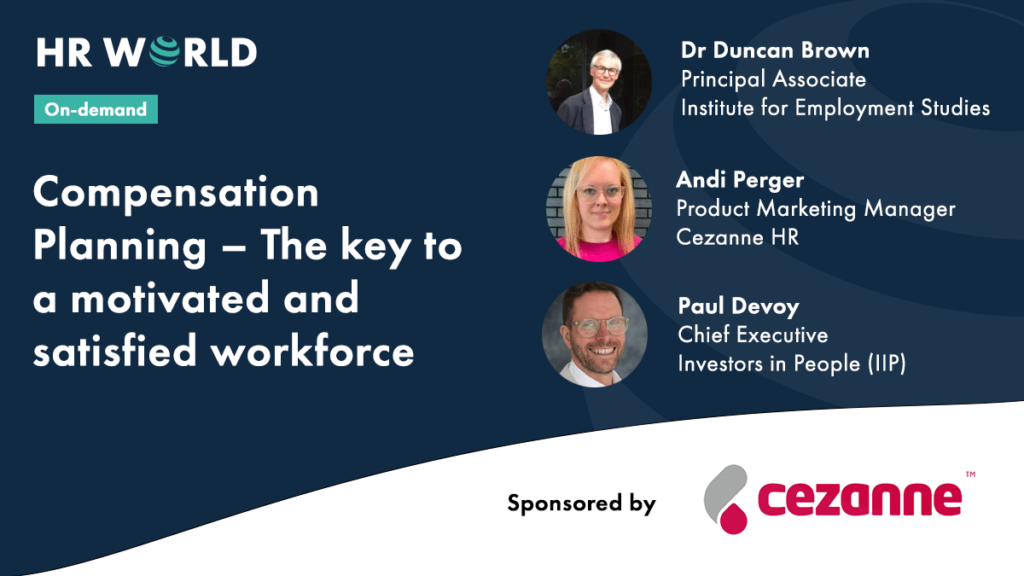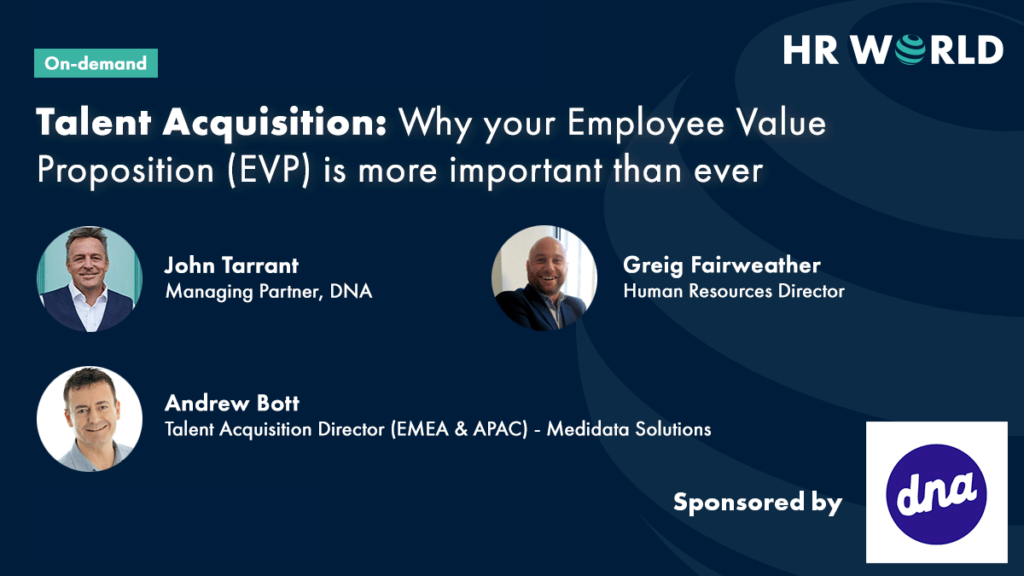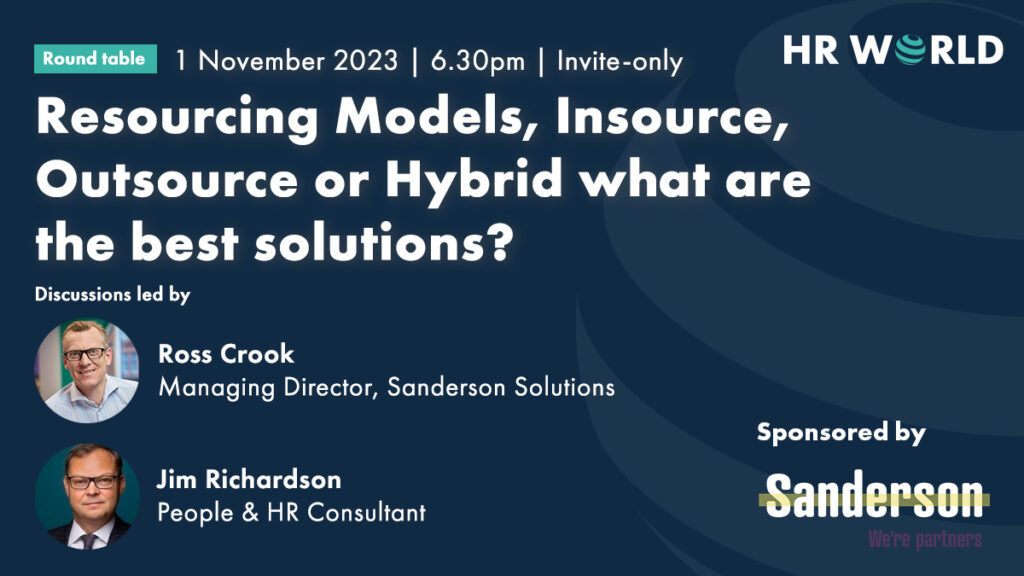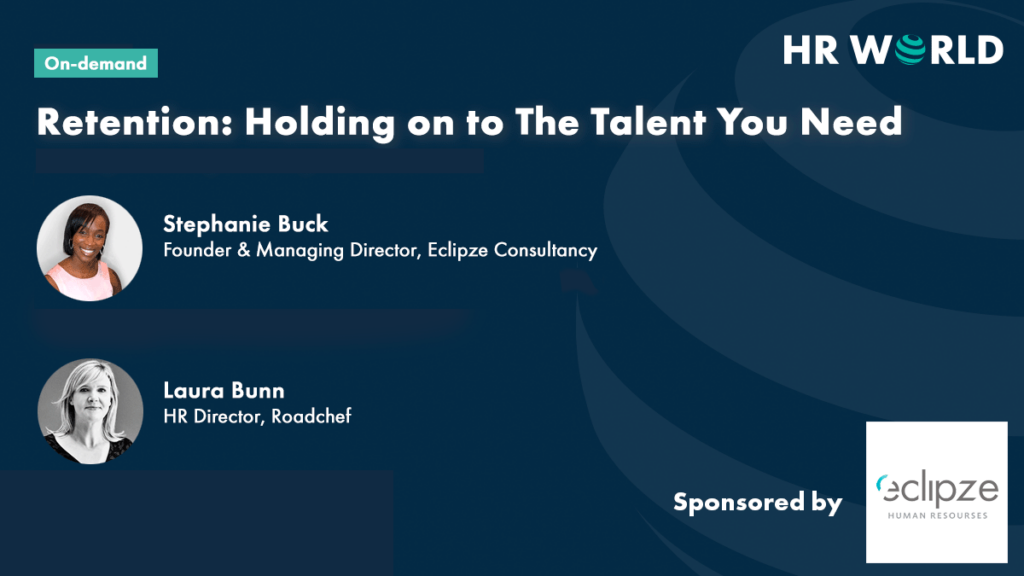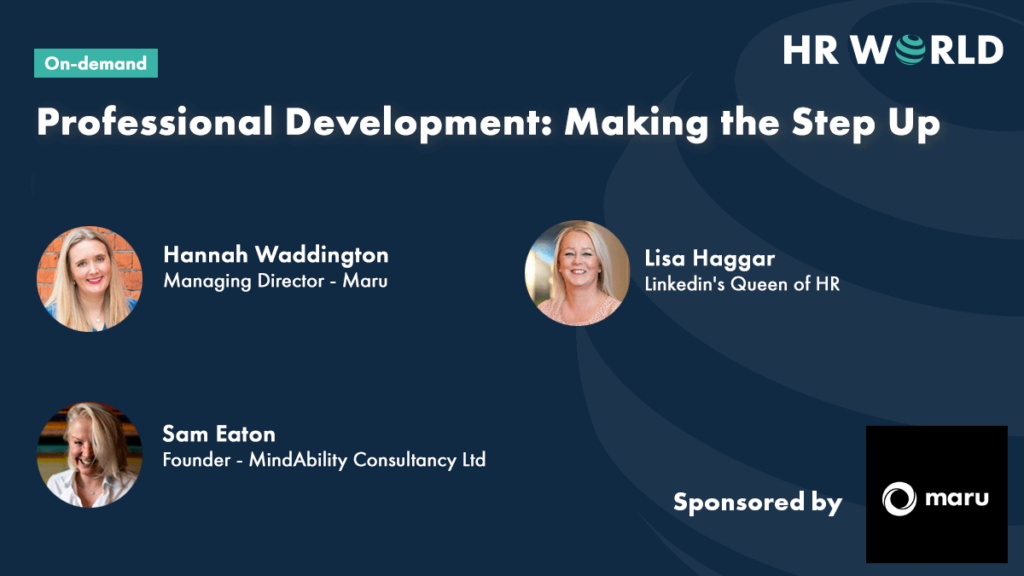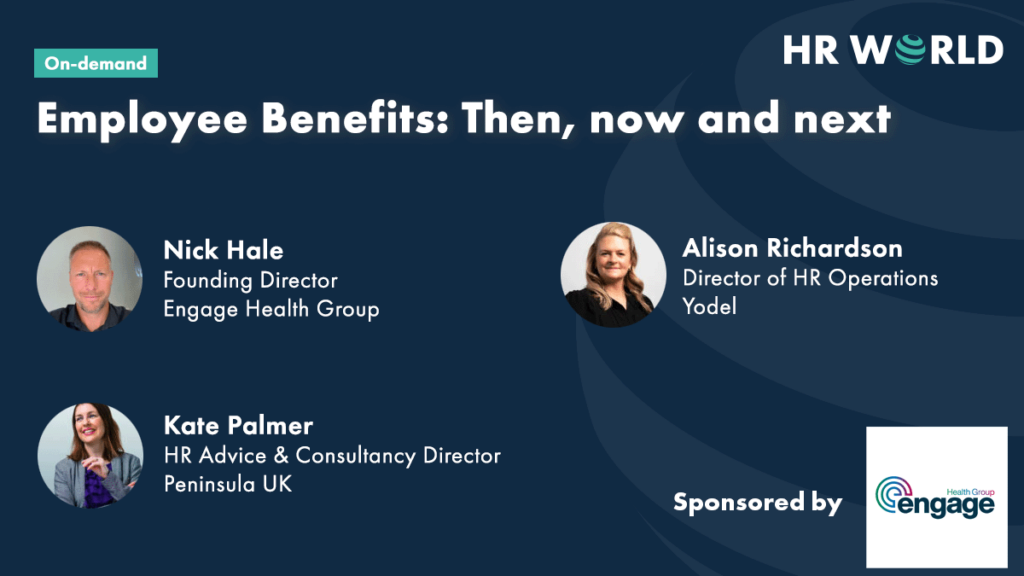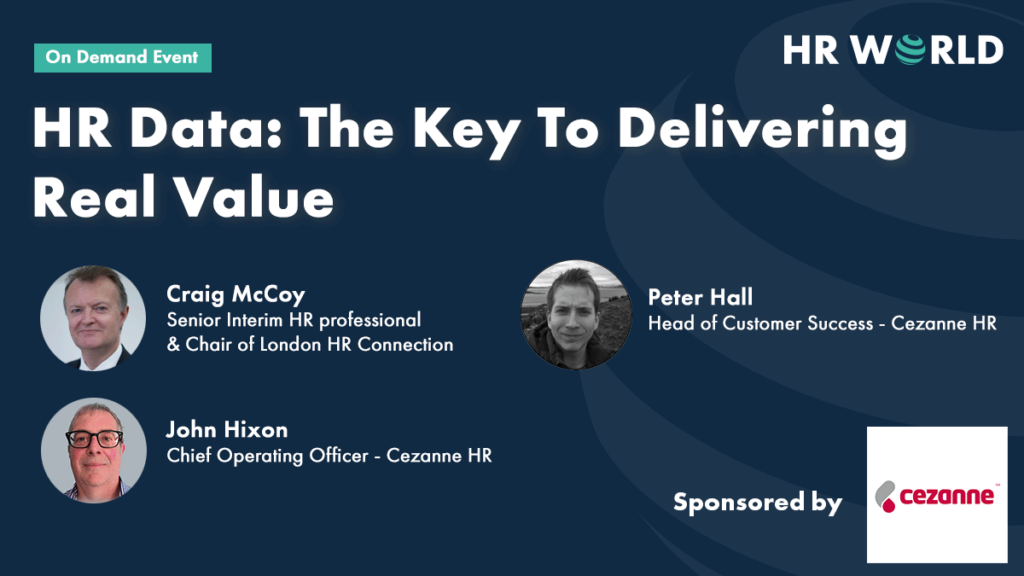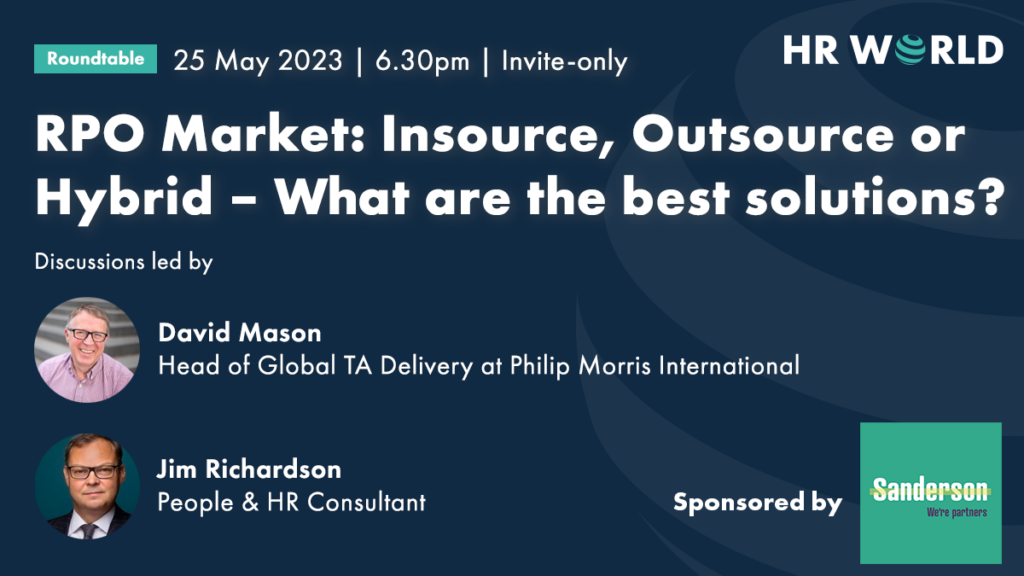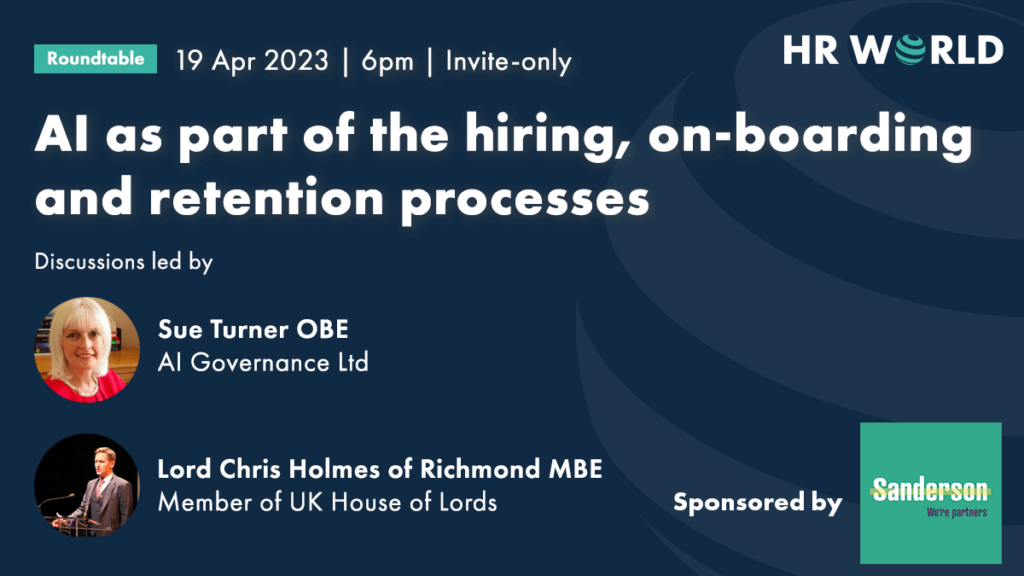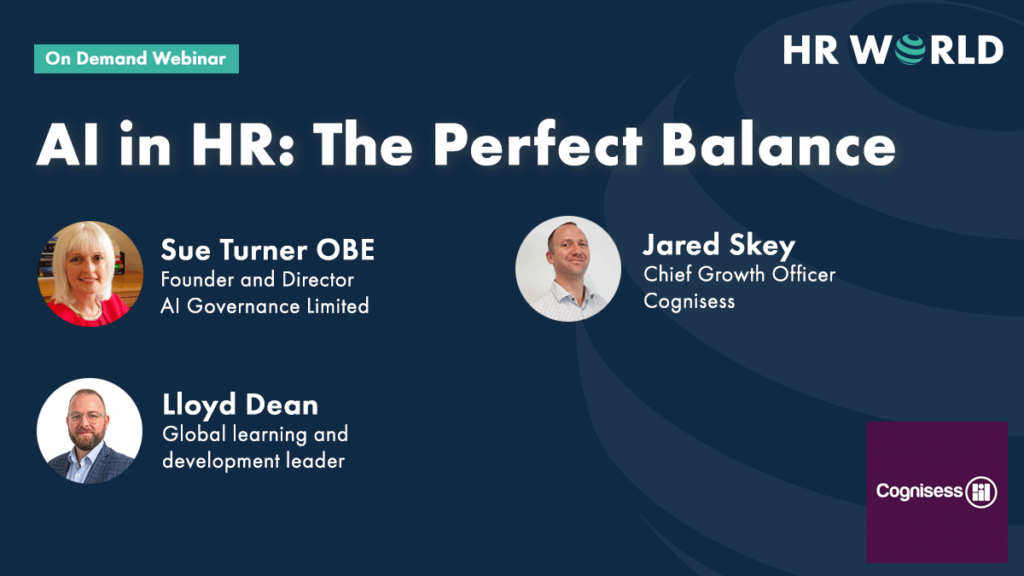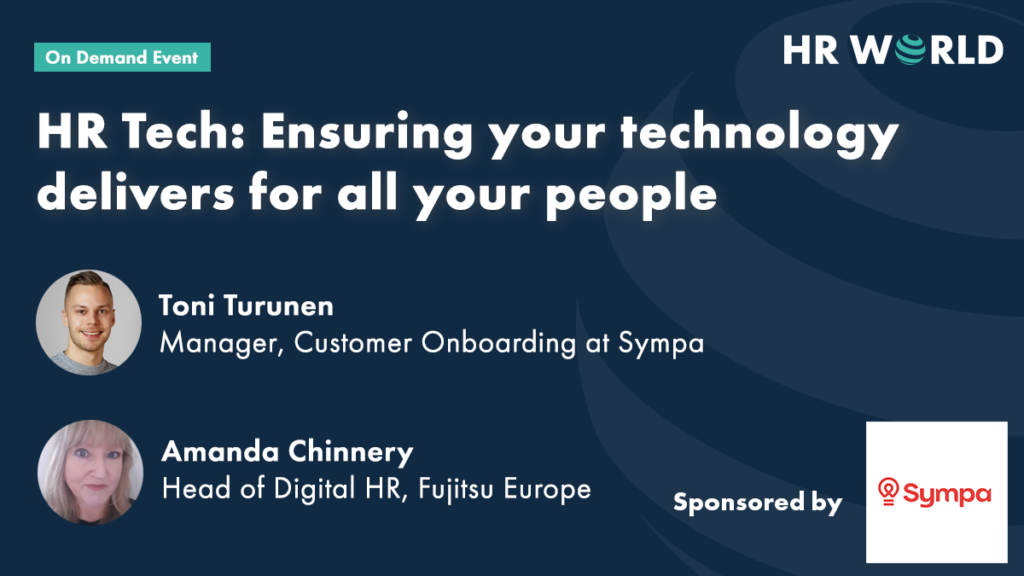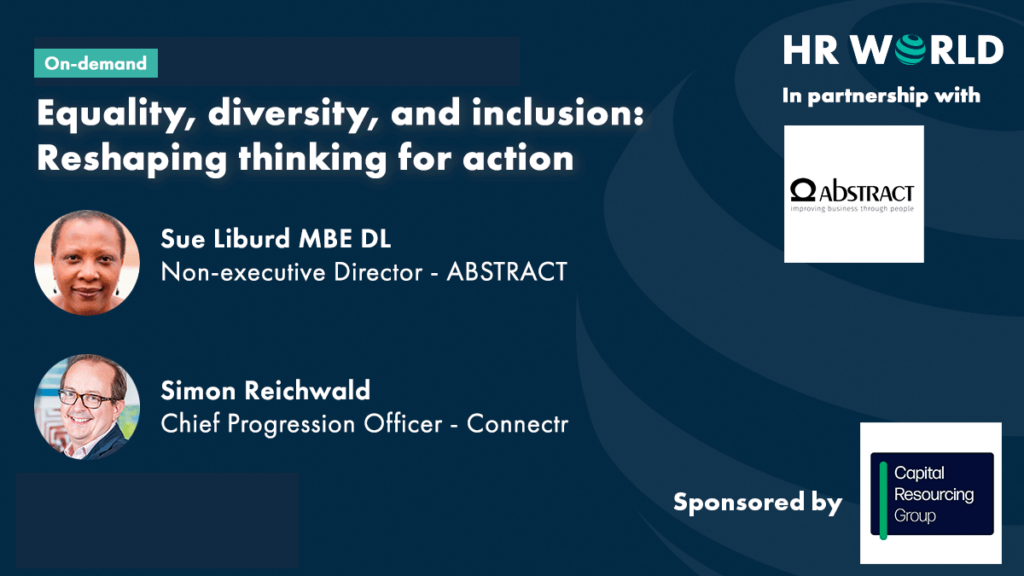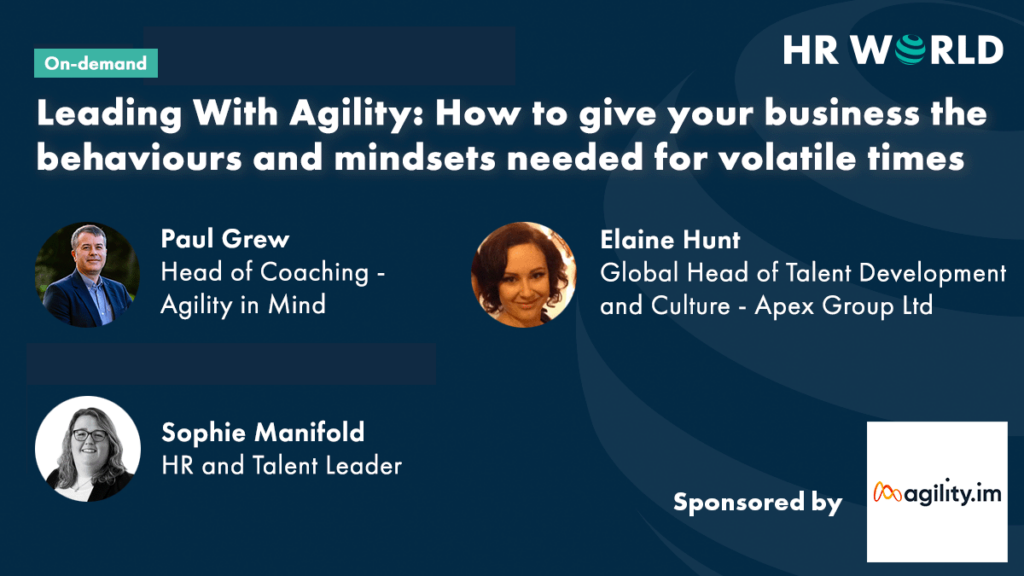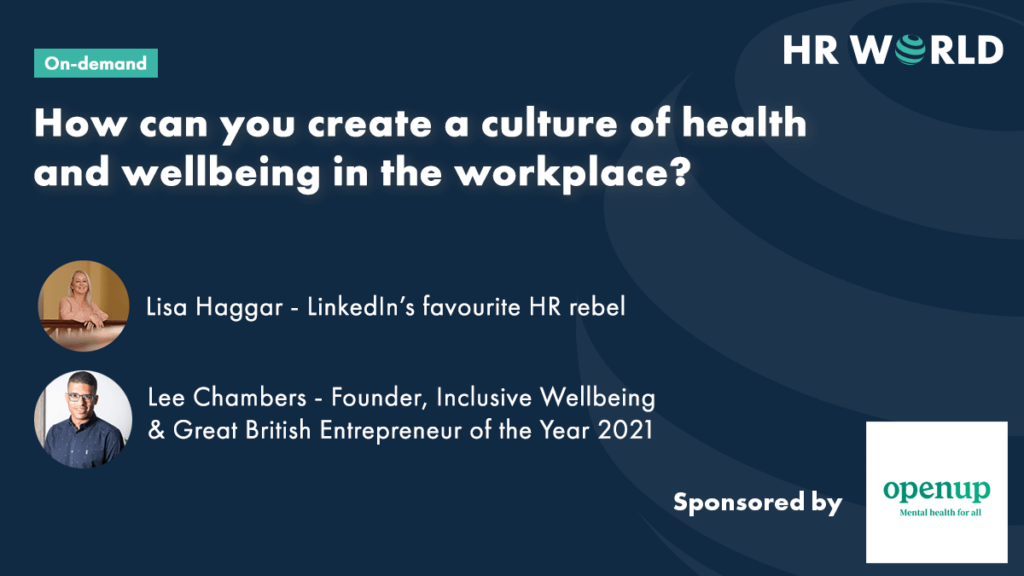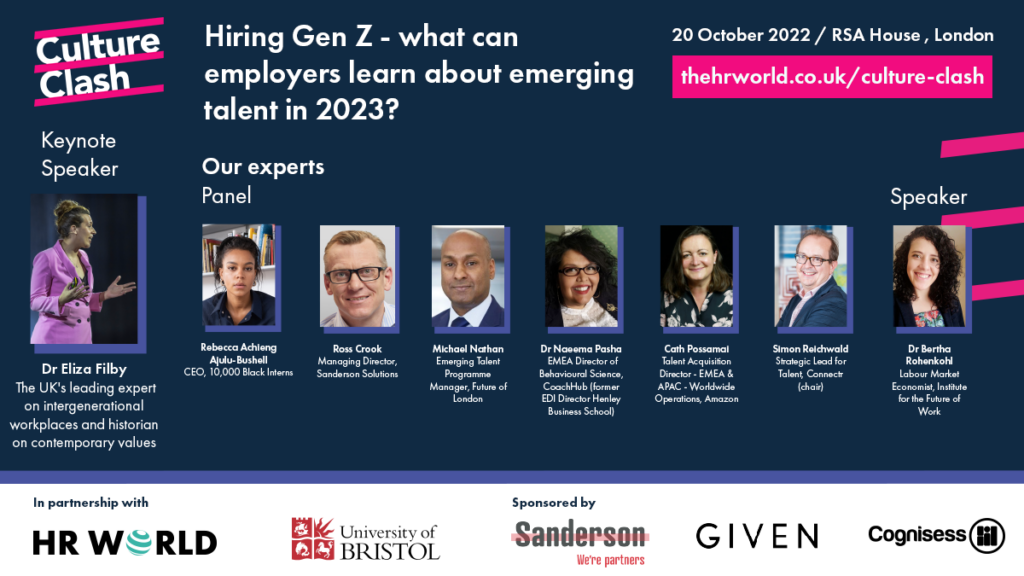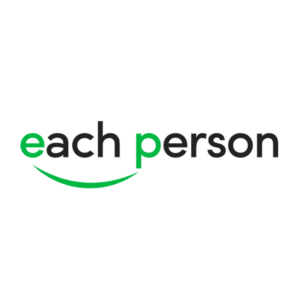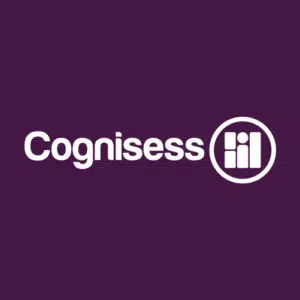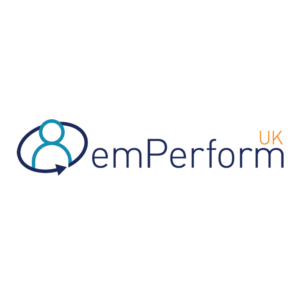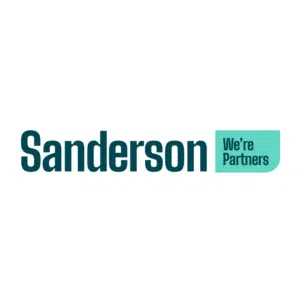Home » Knowledge Hub » HR Strategy, Professional Development » Covid-19 and the Evolving Role of the Chief Health Officer (CHO)
Covid-19 and the Evolving Role of the Chief Health Officer (CHO)
17 August 2020 HR Strategy Professional Development

Throughout 2020 there has been one issue that has changed life as we know it for individuals and businesses – the COVID-19 pandemic. The virus had fundamentally changed how businesses around the world operate in 2020, with a return to normality only starting to appear in certain countries and for certain industries. For others, this return might never happen at all.
One of the changes that many businesses have had to come to terms with is that the health of their employees really is a business concern, with the health needs of the workforce in some instances requiring input from the C-Suite. Notably, it doesn’t matter where workers are. Whether they are office based, mobile, in retail sites, in manufacturing or in the myriad of other industries, they are all at risk of COVID.
In the past, concerns employees may have had about threats to health will often have been handled by HR and HSE professionals. But health responsibility is often spread wider in organisations, involving finance, security, risk and operations as well and it can be hard to assess the overall impact.
The COVID-19 pandemic has highlighted this, causing disruption on such a scale and posing such a serious threat to the health and safety of employees, that some organisations are looking to create a new role focused solely on health and medical matters, drawing on the expertise of a medical professional – the role of the Chief Health Officer.
For HR professionals the growth of the CHO role does lead to questions over how both functions can work together and make sure that work is not duplicated between the roles. However, there are also some significant benefits that the CHO can bring.
Firstly, having a dedicated individual with expertise on high-level medical issues will take some of the burden of managing the continued pandemic from HR professionals. The sheer scale of the pandemic, coupled with the continuously changing advice from governments and authorities, has put many HR professionals under strain. A CHO will be able to help with this, by being able to focus solely on these top-tier health concerns.
Being able to draw on professional expertise will also be of use when dealing with a complicated issue such as a pandemic, given much of the surrounding terminology and jargon might be unclear and ensuring that you are applying best practice from the health perspective, while ignoring ‘fake news’: which in COVID has been particularly concerning.
In these stressful times, the role of the CHO could also be invaluable in supporting the mental health of employees. Mental health is an issue that has become more important for companies over recent years, mirroring wider calls for mental health care to be better provisioned across society.
This function of the CHO, able to provide medically informed guidance and contribute to a company’s strategy around mental health can be really beneficial, and help take the pressure of an HR department facing more requests for help with the issue – according to a recent International SOS survey, over 20% of organisations are expecting mental health issues to cause operational issues over the next 12 months.
Looking ahead, CHO’s may be able to work with the HR function to help prepare any workplace for the return of employees. Employees will want to feel safe before returning to work, which may in-part explain why the UK has only seen just over one third of white-collar employees returning to work already.
HR professionals that can work with a CHO to create a plan for returning to work safely can help instil confidence in employees, by showing that the return to an office is judged to be safe by a medical professional.
Additionally, the CHO role can help HR professionals plan ahead to deal with any future medical crises that may occur. As COVID-19 has shown, business continuity plans are often key in helping companies respond to disruptive events. CHO’s can provide the medical expertise and understanding of potential large-scale medical issues, and work with the HR function to devise plans for how businesses and employees can operate safely and return to work safely.
Again, this expertise can also help back up the messages delivered from HR to employees that their safety and wellbeing is a priority for the company, and that actions are delivered based on medical principles. When coupled with the general mental health and employee wellbeing support that the CHO can provide, there is certainly an argument that the CHO role is something that can really benefit a business, and its HR team as well.
While there are certainly benefits for the HR profession in the expanding role of the CHO, there are potentially some drawbacks. If both functions do not work closely together there is a potential for conflicting advice and confusion, making an already complicated and difficult situation worse. There is no ‘single solution’ to this and different organisations will use the CHO in different ways and in different parts of their organisation chart.
The key is to ensure that the CHO is involved in all parts of the health agendas in the organisation and does this from a strategic perspective: they are not the person to go to when an organisation has an issue with an individual worker as this will often be managed by an occupational health provider.
Finally, as businesses look beyond 2020, the risk of another pandemic affecting operations must surely be high-up on the agenda, in a way that wouldn’t have been the case before this year. For many organisations, it’s time to understand the role they could play in a similar pandemic – for example, in the manufacturing of PPE or medicines etc – and how they need to operate during such a time. A CHO may well be able to provide input into these strategic discussions, outlining how businesses can continue operating and understand their strengths and weaknesses should a similar crisis occur again.
As the role of the CHO becomes more common, its function is likely to overlap with that of HR. However, by working closely together and proactively, both roles could complement each other, creating better outcomes for the business and employees.
Dr Mark Parrish is the EMEA Regional Medical Director (Health Consulting) at International SOS



